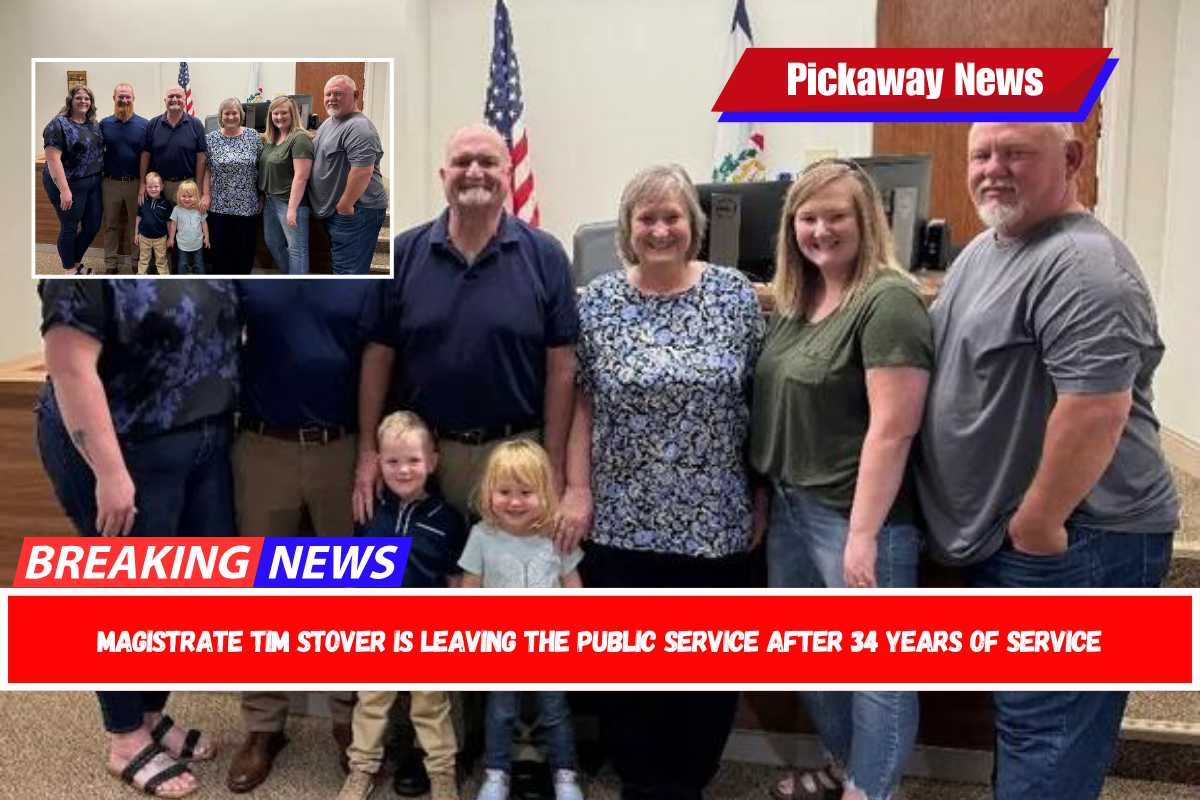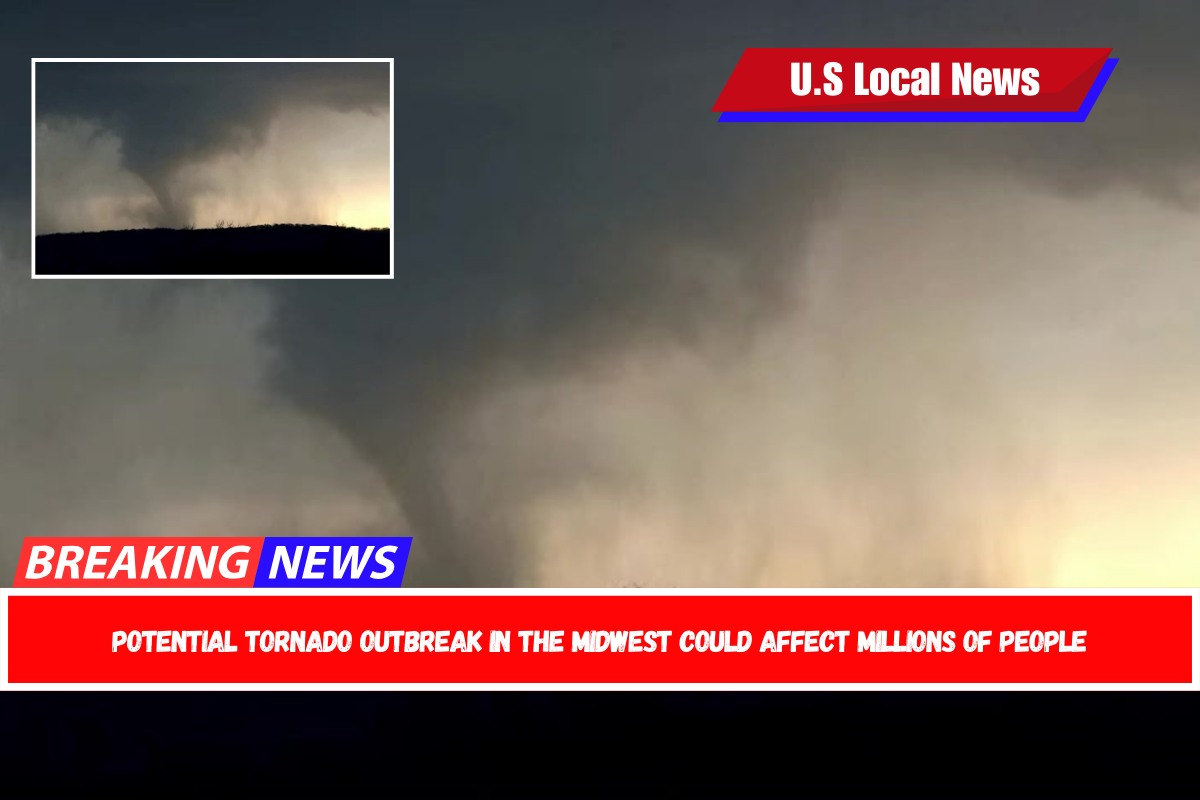Secretary Scott Turner of the United States Department of Housing and Urban Development (HUD) has announced that federal disaster assistance will be available to West Virginia to supplement recovery efforts in areas affected by severe storms, straight-line winds, flooding, landslides, and mudslides beginning February 15, 2025, and continuing.
“As West Virginians rebuild their homes, neighborhoods, and businesses following the severe storms, HUD continues to provide financial flexibility and disaster recovery resources,” Turner, the secretary, stated. “Supporting disaster response is a core and important part of our mission-minded approach to serving communities at HUD.”
On February 26, President Trump announced a major disaster designation for West Virginia.
HUD Secretary Turner also announced that federal disaster assistance will be available to people of Kentucky to augment recovery efforts in regions damaged by severe storms, straight-line winds, flooding, landslides, and mudslides beginning February 14, 2025 and ongoing.
“The best way to respond in the face of disaster is by working to support our fellow Americans,” according to Secretary Turner. “HUD is committed to ensuring all the resources necessary are readily available for Kentuckians as they recover from catastrophic events and rebuild their homes and communities.”
On February 25, President Trump declared a major disaster in Kentucky.
Effective immediately, HUD will assist those affected by the storms in Kentucky and West Virginia by:
- Providing financial flexibility: A 90-day moratorium is issued on foreclosures of mortgages insured by the Federal Housing Administration (FHA). There is also a 90-day extension granted automatically for Home Equity Conversion Mortgages (HECMs). The moratorium and extension are effective as of the President’s disaster declaration date for each state.
- Making mortgage insurance available: When homes are destroyed or damaged to an extent that required reconstruction or complete replacement, HUD’s Section 203(h) program provides FHA insurance to disaster victims. Borrowers from participating FHA-approved lenders are eligible for 100% financing, including closing costs.
- Making financing available for both mortgage and home rehabilitation: HUD’s Section 203(k) loan program enables individuals to finance the purchase or refinance of a house, along with its repair, through a single mortgage. Homeowners can also finance the rehabilitation of their existing homes if damaged.
- Sharing information on housing providers and HUD programs: Information will be shared with FEMA and the state on housing providers that may have available units in the impacted counties, including Public Housing Agencies and Multi-Family owners. HUD will also connect FEMA and the state to subject matter experts to provide information on HUD programs and providers.
- Providing flexibility to Community Planning and Development Grantees: Recipients of Community Development Block Grant (CDBG) Program, Housing Opportunities for Persons With AIDS/HIV (HOPWA) Program, Continuum of Care (CoC) Program, Emergency Solutions Grants (ESG) Program, HOME Investment Partnerships Program, and Housing Trust Fund (HTF) Program funds can apply for needed administrative flexibility.
- Providing flexibility to Public Housing Agencies: Public Housing Agencies can apply for needed waivers and flexibilities for disaster relief and recovery.
- Ensuring HUD-approved housing counseling agencies are ready to assist: HUD-approved housing counseling agencies have counselors available to assist those impacted by natural disasters to determine assistance needs and available resources.
- Assisting with housing discrimination: Housing discrimination can occur when people attempt to find and access housing following a disaster. HUD’s Office of Fair Housing and Equal Opportunity is available to assist people who believe they have experienced housing discrimination.










